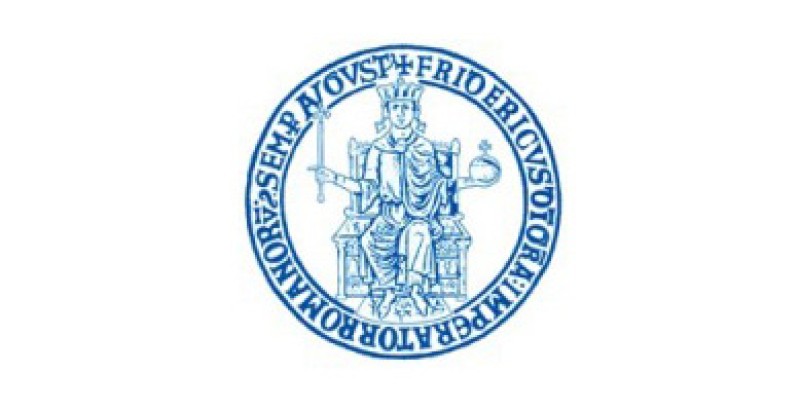Sub-theme 13: (SWG) Collective Powers for Renewal in Creative Industries
Call for Papers
The creative industries are a 'fascinating forest of power plays' (Hirsch, 2000). The nature and dynamics of power
in the creative industries is being redefined, with new forms of organizing and managing collaboration emerging at different
levels. Organizations, such as Creative Commons, provide creators with free legal tools to share and facilitate the use of
their creative work. Intermediaries such as Kickstarter offer artists a funding platform that connects them to backers. Artistic
squats such as Le Laboratoire de la Création, professionalize and connect creative efforts. Collective governance shape decisions,
such as Ogilvy and Mather's Worldwide Creative Council or Pixar's Braintrust. Power, however, has been rarely examined in
the study of creative industries and offers opportunity for contribution and conversation.
This sub-theme offers
space for dialogue on the collaborative powers in and of creative industries, and the role of creative entrepreneurs and collectives
in them (Hargadon & Bechky, 2006; Svejenova et al., 2010, 2015). It seeks to revisit seminal texts, such Becker (1982),
Caves (2000), Hirsch (2000), or Lampel et al. (2000) and to extend insights on recent transformations (Jones et al., 2012;
Jones et al., 2015).
We invite contributions that examine power manifestations such as:
- How do traditional entertainment and media conglomerates sustain their power?
- What forms of collaboration ensure funding, development, and diffusion of creative work? What capabilities do creatives develop to advance their collaborations, especially when those involve different art forms, disciplines, and logics?
- How are creative collectives governed? What conflicts and challenges plural forms of leadership entail?
- What are the current network structures that sustain artistic work and careers? What originates and sets them in motion?
References
- Becker, H. (1982): Art Worlds. Berkeley: University of California Press.
- Caves, R. (2000): Creative Industries – Contracts between Art and Commerce. Cambridge, MA: Harvard University Press.
- Hargadon, A.B., & Bechky, B.A. (2006): "When Collections of Creatives Become Creative Collectives: A Field Study of Problem Solving at Work." Organization Science, 17 (4), 484–500.
- Hirsch, P. (2000): "Cultural Industries Revisited." Organization Science, 11 (3), 356–361.
- Jones, C., Lorenzen, M., & Sapsed, J. (2015): "Creative Industries. A Typology of Change." In: C. Jones, M. Lorenzen & J. Sapsed (eds.): Oxford Handbook of Creative Industries. Oxford: Oxford University Press.
- Jones, C., Maoret, M., Massa, F.G., & Svejenova, S. (2012): "Rebels with a cause: The formation, contestation and expansion of the de novo category 'Modern Architecture', 1870–1975." Organization Science, 23 (6), 1523–1545.
- Lampel, J., Lant, T., & Shamsie, J. (2000): "Balancing Act: Learning from Organizing Practices in Cultural Industries." Organization Science, 11 (3), 263–269.
- Svejenova, S., Vives, L., & Alvarez, J.L. (2010): "At the crossroads of agency and communion: Defining the shared career." Journal of Organizational Behavior, 31 (5), 707–725.
- Svejenova, S., Slavich, B., & AbdelGawad, S. (2015): "Creative Entrepreneurs: The Business Models of Haute Cuisine Chefs." In: C. Jones, M. Lorenzen & J. Sapsed (eds.): Oxford Handbook of Creative Industries. Oxford: Oxford University Press.


